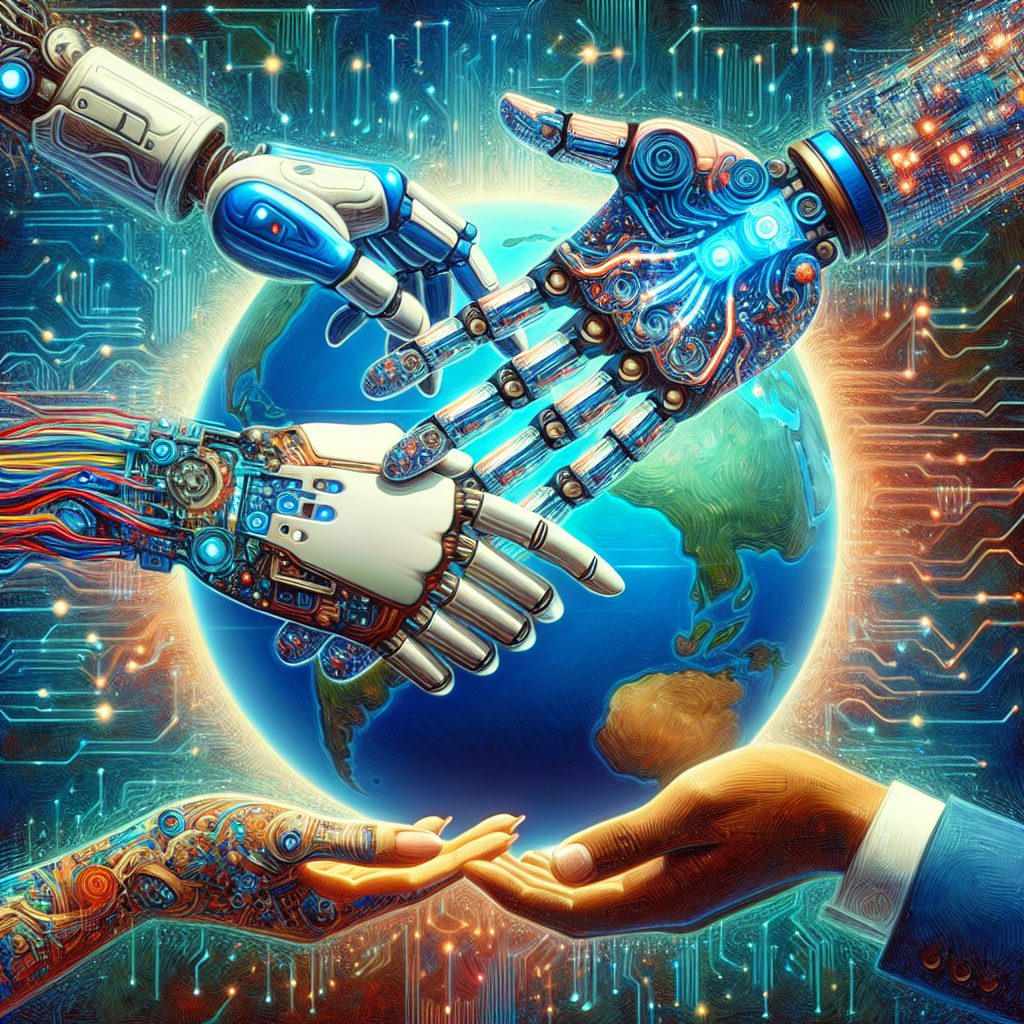The Future of Work in Post-AGI Capitalism: A Beginner's Guide

Introduction
As artificial general intelligence (AGI) continues to advance, the future of work in a capitalist society is being redefined. With the potential for machines to outperform humans in nearly every task, questions arise about the role of humans in the workforce. This beginner's guide will explore the implications of post-AGI capitalism on the future of work.
What is AGI?
Artificial general intelligence refers to machines that possess the ability to understand, learn, and apply knowledge across a wide range of tasks, simulating human intelligence. While current AI systems are designed for specific tasks, such as image recognition or natural language processing, AGI aims to achieve human-level intelligence and capabilities.
The Impact on Employment
With the rise of AGI, many fear that it will lead to widespread job loss as machines automate tasks that were once performed by humans. This could result in massive unemployment and economic instability as traditional jobs become obsolete. However, some argue that AGI could create new opportunities for humans to work alongside machines, focusing on tasks that require creativity, empathy, and critical thinking.
The Role of Capitalism
In a capitalist society, the goal is to maximize profit and efficiency. With the advent of AGI, companies may prioritize machines over human workers due to their lower costs and higher productivity. This could lead to further economic inequality as the benefits of AI are concentrated in the hands of a few wealthy individuals and corporations.
The Need for Regulation
As we navigate the transition to a post-AGI capitalist society, there is a growing need for regulations to protect workers and ensure that the benefits of AI are shared equitably. This may include implementing policies such as universal basic income, retraining programs for displaced workers, and limits on the use of AI in certain industries.
Conclusion
The future of work in post-AGI capitalism is uncertain, with both challenges and opportunities ahead. While the rise of AGI may disrupt traditional job markets, it also has the potential to revolutionize industries and create new avenues for human innovation. By addressing the social and economic implications of AGI, we can shape a future where technology enhances human potential rather than diminishes it.